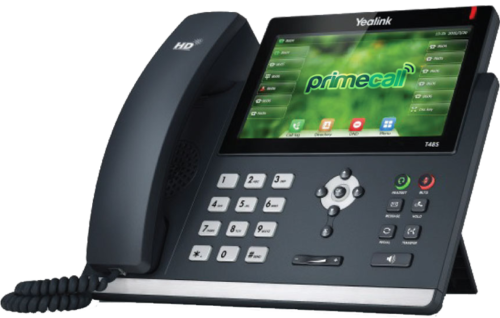PRIMECALL FOR LEGAL
The Power of Unified Communication in the Legal Industry
The legal industry thrives on effective communication, both internally within law firms and externally with clients, colleagues, and other stakeholders. In recent years, technological advancements have revolutionized communication methods, with unified communication (UC) emerging as a powerful tool. Unified communication integrates various communication channels and platforms into a single cohesive system, offering seamless collaboration, enhanced productivity, and improved client service. In this article, we will explore how UC can benefit the legal industry, enabling law firms to streamline their operations and deliver exceptional legal services.








